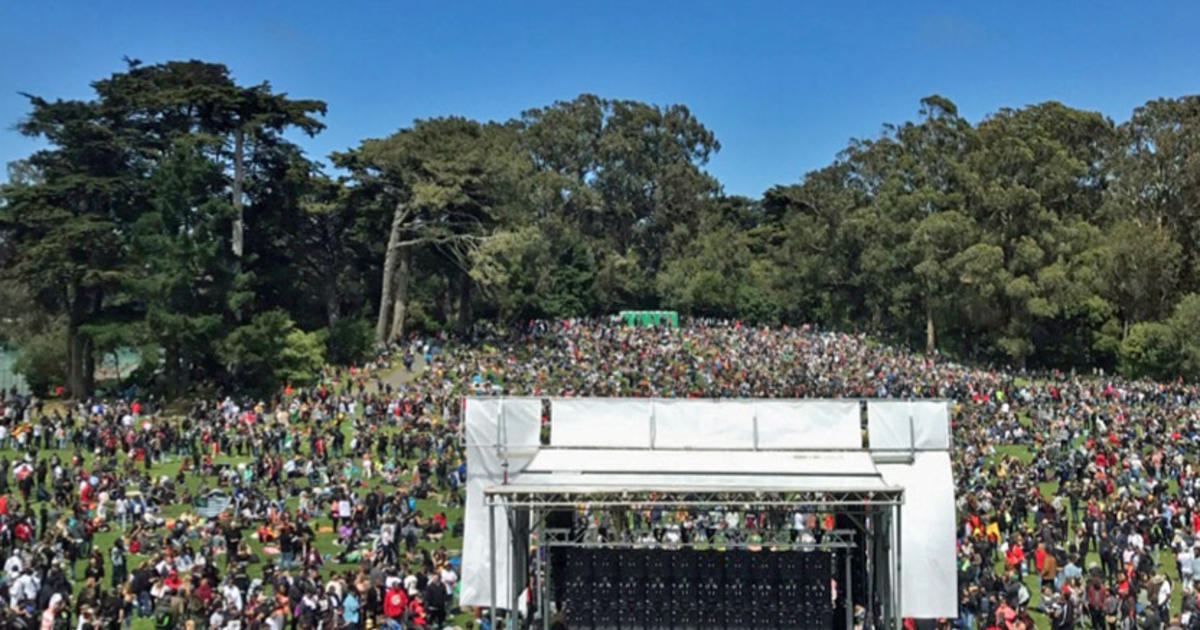Parents Of Small Children Should Unplug Tablets, TVs, Digital Media
SAN FRANCISCO (CBS SF) -- It's hard for parents to resist technology, especially when it promises to make your child smarter. Apps, games, learning tools and shows may specifically target infants, toddlers and young children to give them a head start before school, but medical experts say they don't.
A report from the American Academy of Pediatrics warns that heavy media use in small children can lead to obesity, interfere with sleep, and impede cognitive, language and social/emotional development.
The AAP just released, "Media and Young Minds," which lays out new guidelines that cut, and even eliminate previous recommendations when it comes to 'screen time' for kids.
- Babies younger than 18 months should have no screen time at all.
- Young children ages 2 to 5 should be limited to one hour a day. That hour should be "high quality programming," and a parent should watch it with them.
- Children ages 5 to 18 should curtail screen time before bedtime and when it conflicts with healthy activities -- no screens during meals and for 1 hour before bedtime.
The report explains children younger than 2 need "hands on" exploration.
"Because of their immature symbolic, memory, and attentional skills, infants and toddlers cannot learn from traditional digital media as they do from interactions with caregivers and they have difficulty transferring that knowledge to their 3-dimensional experience."
Older children can learn from commercial media, but they need parents to help them process the information.
"What's most important is that parents be their child's 'media mentor.' That means teaching them how to use it as a tool to create, connect and learn," says Dr. Jenny Radesky, lead author of the new AAP report. "Too much media use can mean that children don't have enough time during the day to play, study, talk, or sleep."
As for what constitutes "high quality programming" for older children, the AAP suggests content offered by programs like Sesame Street Workshop and PBS.
The new report also warns parents to limit their own media use. Distractions like television, mobile devices and heavy screen use keeps them from interacting and playing with their children.
"Because parent media use is a strong predictor of child media habits, reducing parental media use and enhancing parent–child interactions may be an important area of behavior change," says the statement.
The one exception AAP makes for the infants under 2 are video-chat screens, such as Skype and FaceTime that parents use to connect family members and infants. Even then, a young child needs a parent around to help them understand just what they are seeing.
The AAP tells parents they should never use media to calm or babysit their children.
Despite all the pressure to introduce technology early, AAP says parents needn't worry. Media interfaces are becoming more and more intuitive. Children will catch on quickly once they start using them at home or in school.



